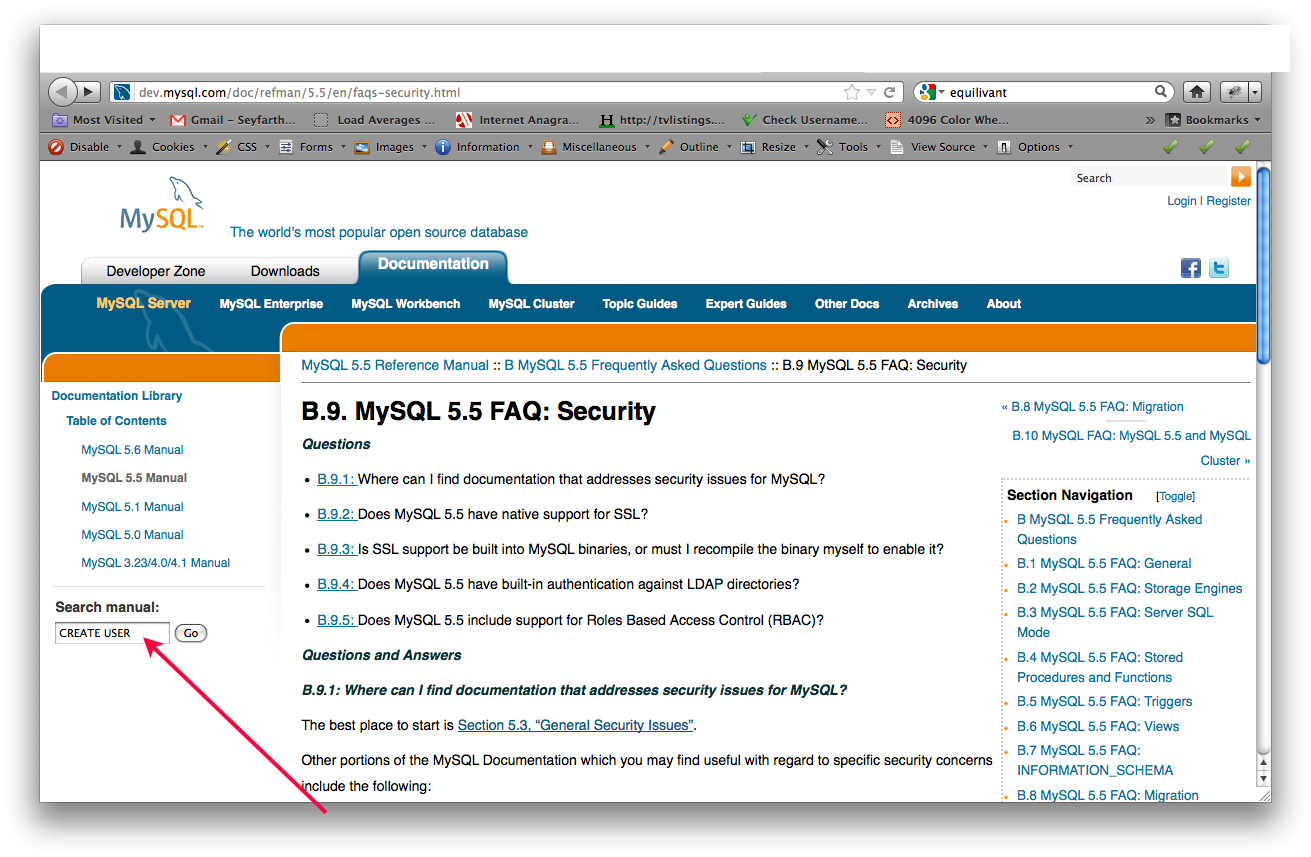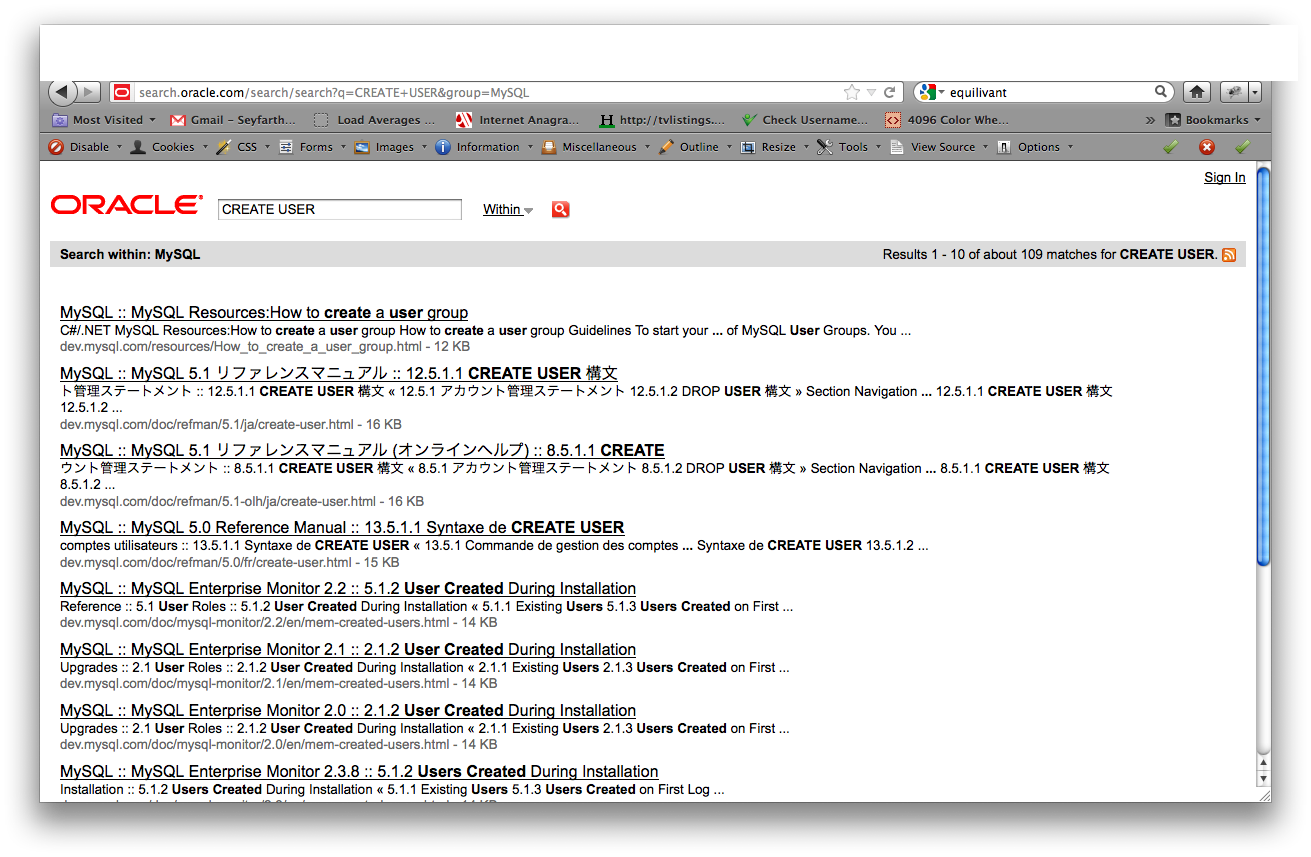At the IOUC leaders’ summit in San Francisco this week, key leaders from Oracle, Java and MySQL user groups world wide have been meeting. This has included the key Oracle MySQL resources from the community, marketing and product teams. The Java User Groups and MySQL User Groups have been well represented and there has been very welcoming discussion with the IOUC about how we can become active within the Oracle Community.
There has been key discussions of upcoming and proposed MySQL events including the great outreach by the Oracle MySQL team with existing Open Source conferences this year including Scale, FOSDEM and South East Linuxfest just to name a few.
You can see the upcoming events at http://mysql.com/news-and-events/events/. In February alone there will be events in North Carolina, California, Texas, Frankfurt Germany and Stockholm Sweden. I will also be speaking in Denver at 2 events and Salt Lake City.
There is a much longer list then what is shown here, and we are working on getting the full list more available.
More info by Dave Stokes at SCaLE’s MySQL Day a big hit and Keith Larson More User Groups.

